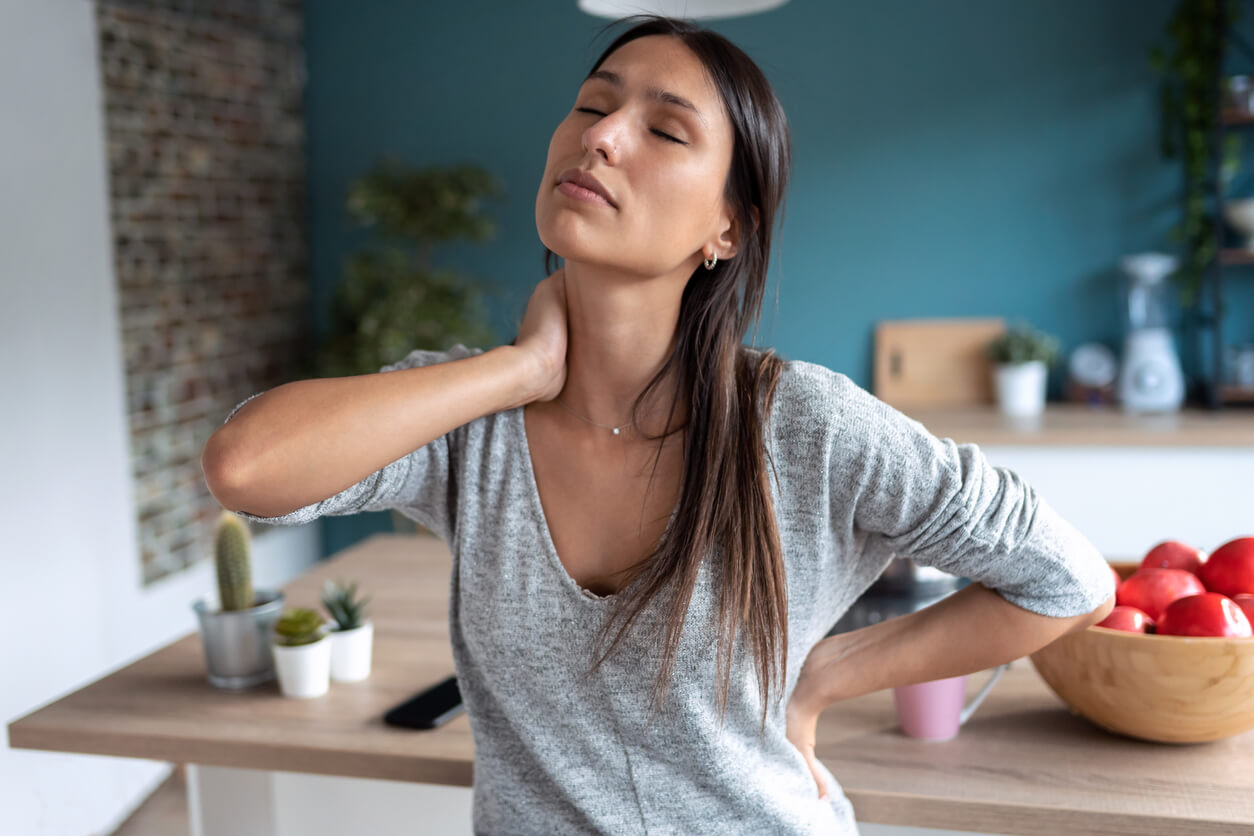At Long Island Spine Rehabilitation Medicine, many, if not most, of our patients report that their joint pain is negatively impacted by bad weather, and we have no reason to doubt them. As doctors of physiatry, we are pragmatists as well as scientists, working from firsthand evidence and observable facts as well as published data.
After many years in practice, we have reason to seriously take our patients’ reports of increased pain in bad weather. We also have multiple ways to diagnose and treat their conditions and improve their state of health. If you have joint pain due to injury, a disease condition, or simply the wear and tear of aging, give us a call for pain relief and restored mobility.
For centuries, people, especially older people, have complained that cold, damp weather made their joint pain worse. You may wonder if these complaints have a scientific basis. In the 21st century, there are still no definitive answers. A great many studies have been done. In most cases, including one by Harvard University, no connection was proven between joint pain and temperature, humidity, barometric pressure, sunshine, or rain.
Nonetheless, if you take a sampling of those with joint pain — whether in the doctor’s office, around the dinner table, among your neighbors, or at the senior center — there will be little disagreement with the idea that cold, damp weather causes a worsening of aches and pains.
Let’s take a look at some of the possible reasons for this.
Aspects of the Weather that May Worsen Join Pain
Coldness
We know that cold stiffens and slows the flow of liquid, eventually freezing it. Since our joints are lubricated by fluid, it stands to reason that during a cold spell our joints are less effectively lubricated, resulting in more pain and stiffness in those with arthritic or injured joints.
Humidity and Precipitation
In contradiction to several studies denying the weather-joint pain connection, a 2015 study of patients with osteoarthritis published in the Journal of Rheumatology found significant links between humidity, temperature, and joint pain. Not only did this study find that humidity worsened joint pain, but the negative effect of humidity was exacerbated in cold, rain, or snowy weather. Many people around the world who suffer from osteoarthritis would certainly agree that wet winter days spell trouble.
Barometric (Atmospheric) Pressure
Changes in barometric pressure appear to have more impact on pain levels than the existing barometric pressure. This means that patients with joint pain may be more uncomfortable when a cold front or warm front is coming in, but more comfortable once the weather has settled.
It is logical that changes in barometric pressure may cause muscles, tendons, and scar tissue to expand and contract, creating or worsening pain in arthritic joints. It is also postulated that when the cartilage that cushions joint bones is worn away, nerves are more directly exposed to changes in pressure.
External Factors Can Muddle Research Findings
When evaluating the discrepancy between research study findings and personal patient experience, it is important to note that:
- Some people are much more sensitive to weather changes than others (e.g. a certain percentage of the population becomes depressed in winter due to diminished sunlight), so research studies with random subjects may not be especially useful.
- People tend to stay indoors and less active during bad weather which can make joints stiffer and more painful.
- It often takes time for people to get doctor appointments so recording weather at the time of medical visits may provide inaccurate data regarding the relationship between weather and pain.
- The body-mind connection is extremely strong; most people are in a better mood when the sun is shining, so their improved outlook may lessen their pain.
Ultimately, our doctors are committed to paying close attention to how our patients feel under varying circumstances and treating them accordingly. We learned long ago to respect our patients’ perceptions, no matter what.
Contact Our Experienced Joint Pain Specialists Today
Tired of doctors who tell you what you are feeling? Our physiatrists are dedicated, professionals and excellent listeners. We know how important it is to work in collaboration with our patients and will give you a significant role in deciding on your treatment options. For the best in non-surgical therapies, contact us now.
